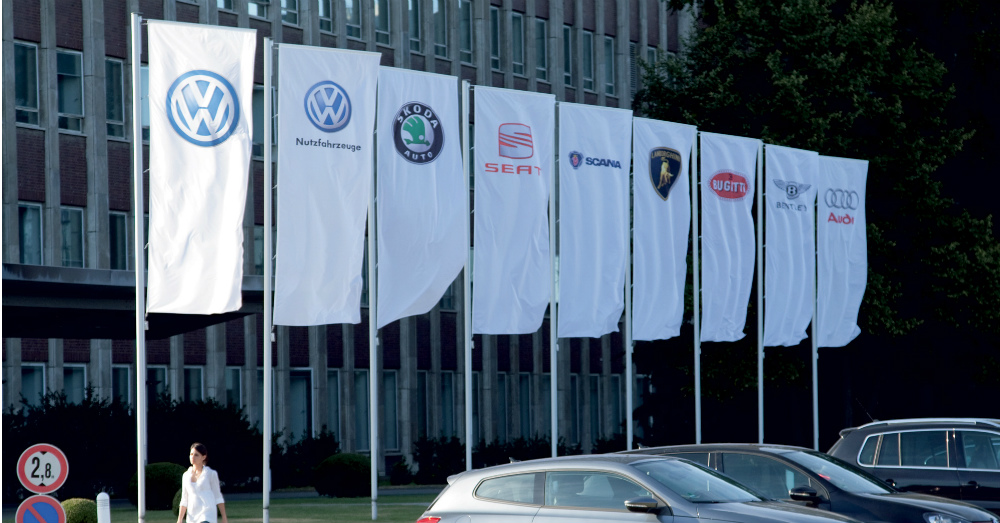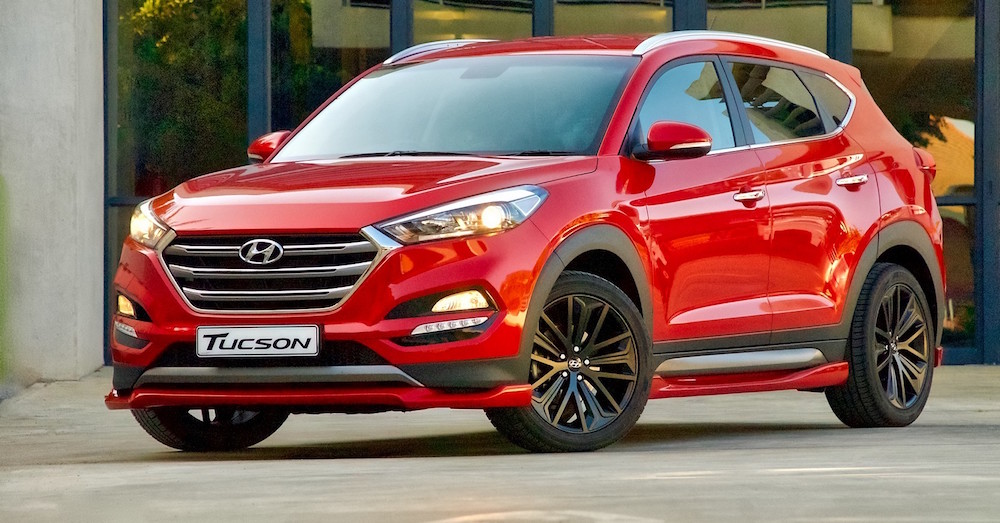
Will Florida’s HB 637 Bill Boost Competition or Hurt Consumers?
Did Florida just sign a bill that would cut Tesla out of car sales in the sate? Governor Ron DeSantis recently signed a bill to support car dealers in Florida.
Car dealerships are a staple of the American landscape. Main roads in nearly every city and town are lined with new and used dealerships selling various cars to customers. Not long ago, Tesla launched an entirely different sales model, with most sales taking place online through smaller retail locations. In 2020, we faced the COVID-19 pandemic, which changed the way traditional dealers sold vehicles, but most locations have since returned to normal operations and sales practices.
What is HB 637?
Florida House Bill 637 banns most direct-to-consumer vehicle sales. The immediate thought with a bill like this is that Florida is attempting to cut out Tesla, but that’s not the case. This measure, supported by lobbyists representing the Florida Automobile Dealers Association, prohibits vehicle sales direction to customers from the automaker. This restriction goes into effect on July 1 and might be a direct threat to Tesla, but there might be something that changes this thought process.
Is there a loophole for Tesla and other EV automakers?
This new bill includes language that would keep Tesla and other EV automakers in business alongside car dealers in Florida. This language allows newer manufacturers, which would include Tesla, Rivian, and Lucid to sell direct to customers and hold a franchise dealer license.
This is authorized under HB 637, provided there are no other prohibitions under federal law. This also means traditional automakers cannot change from regular dealership locations to an online or retail store model for EV sales. Although GM, Ford, Honda, and Toyota are all building electric vehicles, this bill requires them to sell these EVs at traditional dealerships.
Are there other requirements under this new bill?
This new bill bars manufacturers from reserving or incentivizing the sale or lease of vehicles, regardless of vehicle type. Also, automakers are required to supply the appropriate mix of new vehicles to dealers to ensure they can compete with other brands for customer sales.
One item that might be a serious problem is pricing. This new bill forbids automakers from requiring dealers to set vehicle prices at the MSRP. This means Florida is turning the clock back a bit on vehicle pricing, requiring customers to negotiate prices for new models, which could become problematic.
The expected result
This new bill could create competition among car dealers for consumer business. Releasing pricing restrictions might allow customers to put dealers up against each other to gain the best possible price. This move supports the dealer as the customer advocates in terms of warranty work and service on a vehicle. Could this be the result of lifting the pricing restrictions and allowing dealerships to charge any price they deem reasonable for a vehicle?
Economists disagree with these results
Some economists argue that lifting pricing restrictions will have the opposite impact. They expect car dealers will raise prices to levels that make some vehicles too expensive for most customers. If the goal is to help customers receive lower prices, removing restrictions isn’t the way to make that happen. While not limited to Florida, we’ve seen what happens when the demand for vehicles is much greater than the supply. During and shortly after the pandemic, used vehicle prices soared to a level that put some models at levels that were higher than when those vehicles were brand new.
In addition to problematic pricing with this deregulation, requiring most automakers to use traditional dealerships for sales, Florida is already taking sides in the US auto industry.
Which group will be right in the end?
Predictions from economists might be correct, but so too could be the expectations from car dealers that will continue to compete with each other for business. Will prices of new vehicles in Florida soar to the point that customers can’t negotiate the price down to the MSRP, or will there be enough competition to force dealers to give customers a great price on their new vehicles?
It seems the only aspect of HB 637 that has blocked direct sales is when new automakers, such as those based in China, arrive in the United States and attempt to sell vehicles utilizing the same boutique style as Tesla. Will this bill effectively help consumers looking for a new vehicle to drive, or will it so heavily favor the dealerships that consumers need to visit other states to get a good deal on a vehicle?
This post may contain affiliate links. Meaning a commission is given should you decide to make a purchase through these links, at no cost to you. All products shown are researched and tested to give an accurate review for you.



